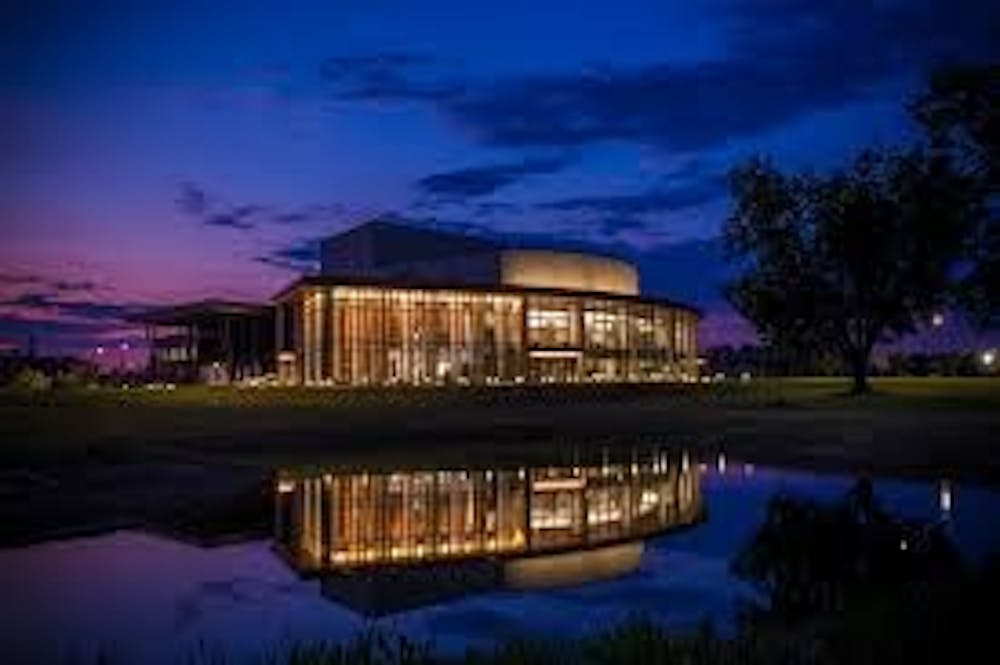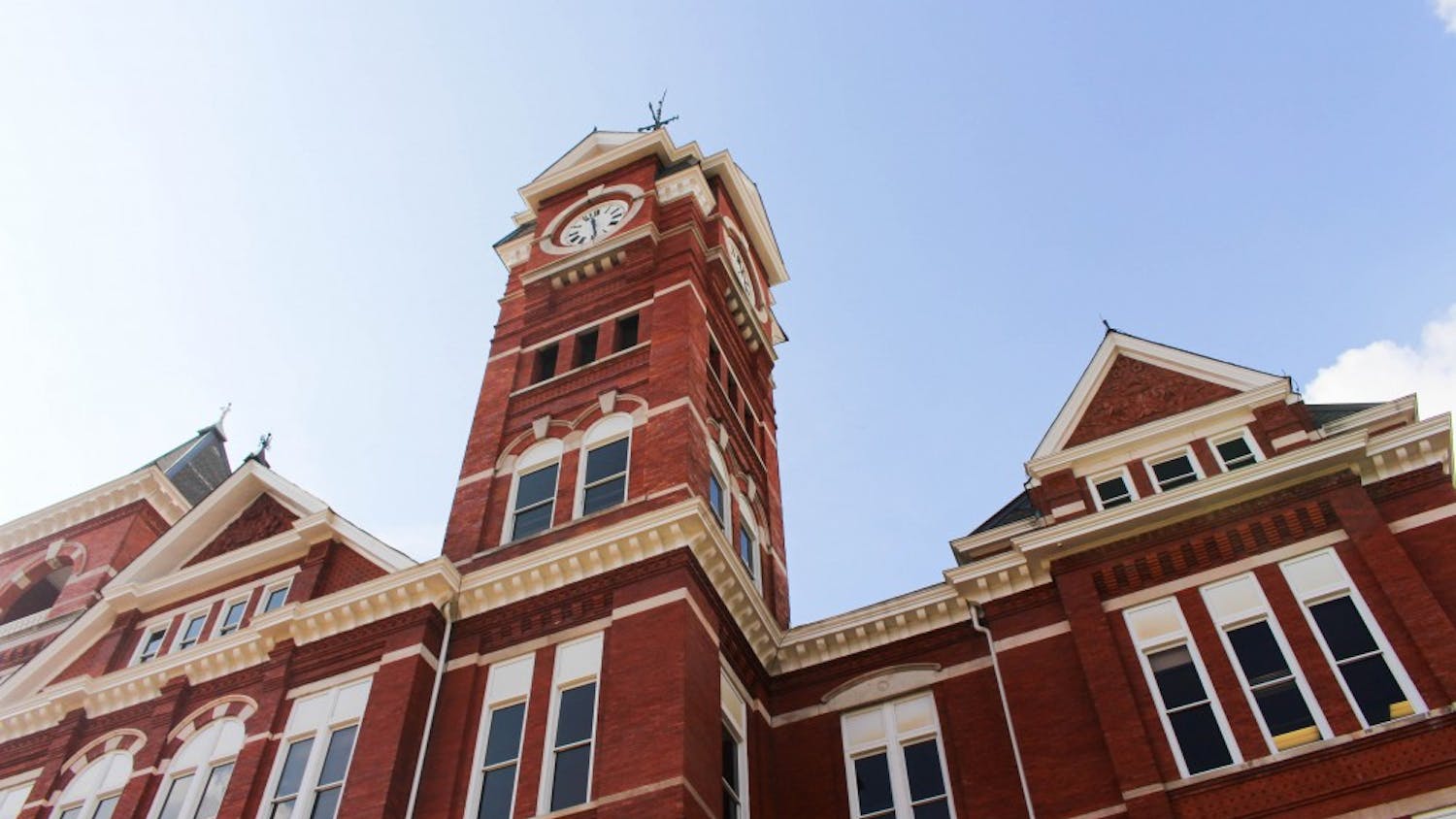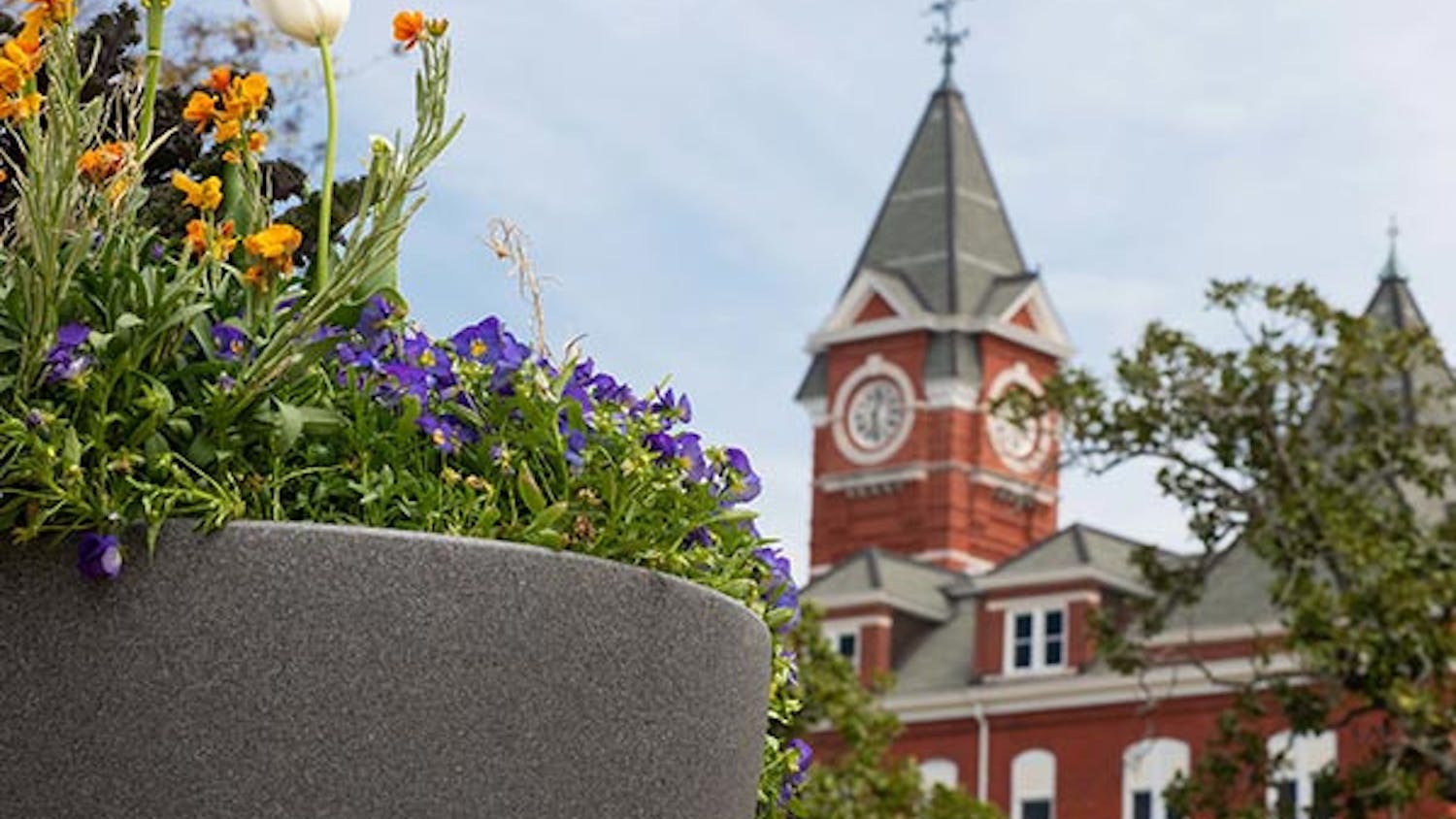Auburn, Ala. (EETV) - The Jay and Susie Gogue Performing Arts Center at Auburn University has been given the esteemed Leaders in Energy and Environmental Design (LEED) Gold Certification.
Found at 910 South College Street, the “premier performing arts venue of East Alabama” is home to the 1,202-seat Woltosz Theatre and a 3,500-capacity Amphitheatre that provides 17,000 square feet of open space for outdoor performances. The just one-year old building has already greatly demonstrated a strong commitment to both the arts and to environmental sustainability with its state-of-the-art architecture. Mike Kensler, the director of Auburn’s Center of Sustainability, described the LEED Gold Certification as an “outstanding achievement.” The certification, Kensler also said, “is a testament to Auburn’s commitment to sustainability as a core institutional value that will pay dividends in building performance, guest experience, and human health for the life of the building.”
The U.S. Green Building Council estimates that buildings in the United States account for 73% of all U.S. electricity consumption and 38% of all CO2 emissions. This is why the Leadership in Energy and Environmental Design has begun a worldwide effort to construct more sustainable and environmentally friendly buildings through LEED certifications. A Gold Certified building, such as the Gogue Performing Arts Center, consumes, on average, a quarter less electricity and emits 34% less greenhouse gases when compared to the average building. The tier of certification, ranging from Certified and Silver to Gold and Platinum, is given through a points system earned when adhering to nine key aspects of a green building.
The key sustainable features that the Gogue Center includes, but is not limited to, are:
Reduced construction waste and pollution
Reinforced use of public transportation, bicycles, and fuel-efficient vehicles
Improved storm water management for Auburn University and the City of Auburn through reduced rainwater surface runoff
Reduced water and energy usage achieved with the use of high-efficiency fixtures and equipment and innovative building design
- The use of local and/or recyclable materials (such as Alabama Limestone and regional brick)







